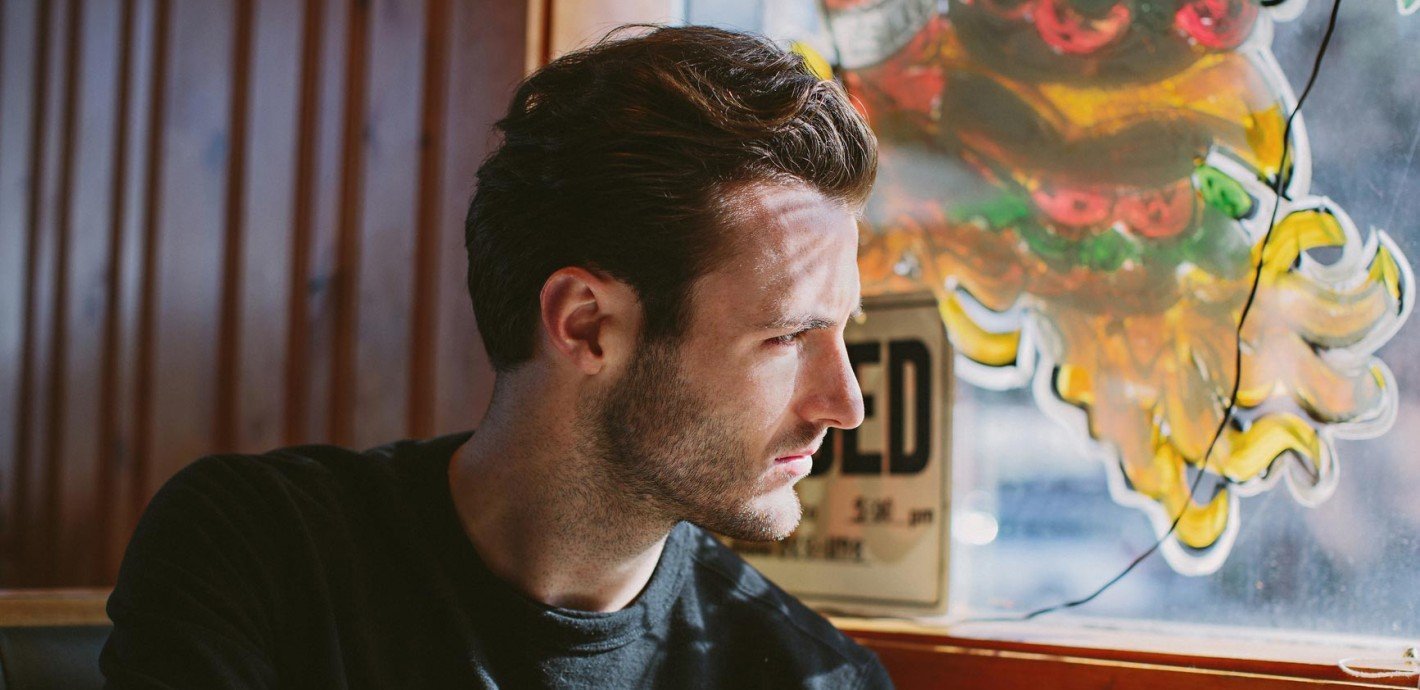Francis Cholle, the author of the book The Intuitive Compass, tells us that there are nuances in definition between instinct, gut feeling, and intuition.
“Intuition,” Cholle writes, “is a process that gives us the ability to know something directly without analytic reasoning, bridging the gap between the conscious and non-conscious parts of our mind.”
He further distinguishes gut feelings as sensations that appear without us understanding the cause, and instincts as behaviors that we have when we are born. With all of these different terms to influence our decision-making, it is easy to see why we begin to question our own judgments. More often than not, we confuse our learned behaviors for instincts or intuition, and we often find we’re reacting rather than responding to the environment around us. Learned behaviors are responses that we pick up and utilize in reaction to our unique environments. Often they are the root of prejudices and other fear-based responses. They aren’t always wrong (don’t touch a hot stove), but we are sometimes acting from learned behaviors when we think we’re being instinctual. When these responses are challenged we often question our judgment instead of questioning our beliefs.
As is so common in life, when faced with challenges, we often ask the wrong questions. We look for blame instead of wisdom. We look for resolution instead of expansion. For example, one of my closest friends was hit by a car last Thanksgiving. Was she intoxicated? Slightly. Was she crossing against the light? Indeed. All of these things (and perhaps more) can point to why she faced a collision with a car, but when she called me from the hospital, high and emotional from post-operative painkillers, she asked between sobs: Why did this happen? Why do you think this happened?
While there is value in analyzing the situation and figuring out the blame, I knew these were philosophical questions rather than logistical ones. There would be time to talk about the virtues of crossing against the light, so I told her a more productive truth: Why this happened is no longer the most productive question. It happened. A better question is what will you make this mean? How will you let this change you? Where will you go from here? Will this experience open you up to deeper wisdom, or close you? I pose these same questions to all of us who face decisions every day. I ask the gut followers, analytic thinkers and intuition evangelists among us: How did I get here and how did I let this happen may not be the most constructive questions. You trusted the information you received. How do we move forward from where we are? How do we learn to trust ourselves more fully? These are the questions that help us move forward. These questions help us refine our intuition.
In my life, mindfulness has helped me trust my intuition. By developing a contemplative practice, one becomes acquainted with the various cycles and rhythms of the mind. You begin to understand the natural ebb and flow of your thoughts, which allows you to access something beyond your analytic mind. These minutes (or hours) you spend on the meditation cushion, allow you to hear yourself more clearly in everyday life. Though it started with three minutes of breathing a day (often before bed where I’d pass out instead of contemplate), it deepened into a lifeline that serves every aspect of my life. Making friends with your mind is a surefire way to know when your mind is serving you and when it isn’t.
Before I was able to sit on a cushion with any consistency, I found exercise and movement helped me move into dialogue with my intuition. I was a long-distance marathoner for many years, and the rhythm of running, the attentiveness to the breath freed me up to hear myself in a deeper more intuitive way. Additionally, for those who may not work out, taking a few deep breaths and moving awareness into the body can help one tune in to the environment. While your mind may be in panic mode, often when we move our awareness to our stomach we find that there is actually nothing to be afraid of.
Related: Can Running Really Be a Form of Meditation?
While there are a host of things we can do to recognize our intuitive voice, one fact remains: We make mistakes. Humans are fallible. Sometimes, despite our best intentions and gut feelings, we can be wrong. Our desires change. Our environment can be erratic or, perhaps, we’ve just misread some signs. And when this happens, the desire to rely only on our rational mind can be seductive. We want to take comfort in only what we can consciously see, touch, taste or smell, but there is so much going on around us that escapes our conscious thoughts.
When we move beyond anger and shame, mistakes are just detours to get us where we’re already going; they are the scenic route that allow us to better know our inner landscape. My biggest mistakes have aided my expansion, but that doesn’t mean I can’t try to avoid them. Danielle LaPorte, a writer and poet, has a saying “Use logic…then meditate.” This seems to hit the balance necessary for life: Use your mind and your heart together. Rationalize and then drop down into a deeper knowing.
I offer those words to you with the following addendum: Use logic, then meditation, but have mercy for yourself no matter what happens next.








Comments (0)